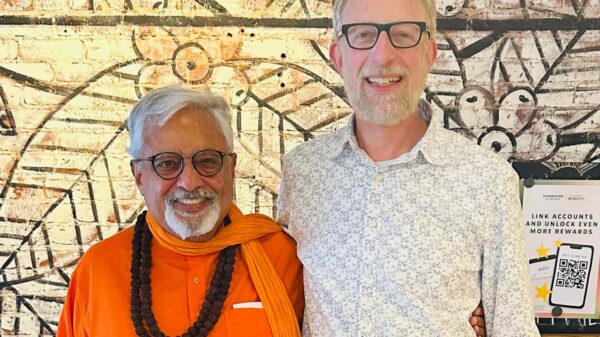The current economics job market appears to be facing a significant decline in candidate numbers compared to previous years. This trend may be attributed to the lingering effects of the COVID-19 pandemic and broader demographic shifts. Observations indicate that even with fewer candidates available, the quality and variety of research presented have also diminished, raising concerns about the vitality of the field.
According to recent assessments, the focus within the economics discipline has increasingly shifted towards demonstrating technical expertise through narrow inquiries. This approach often prioritizes answering smaller, precise questions rather than tackling larger, more impactful issues. As a result, many academic papers lack the breadth and innovation that are crucial for advancing the field.
Insights from Major Institutions
Notably, students from Harvard University emerged as the standout candidates, with many engaging in research topics that resonated with broader economic questions. The London School of Economics (LSE) also showcased a commendable selection of candidates, suggesting that these institutions remain pivotal in shaping future economists.
In terms of research themes, there has been a noticeable prevalence of papers focused on educational testing, urban economics and mobility, and the implications of artificial intelligence (AI). Meanwhile, theoretical discourse appears to be diminishing, as evidenced by the rising number of co-authors collaborating on papers. This trend may reflect a shift towards collective effort in addressing complex economic issues.
Despite these observations, the overall impression from the recent candidate review was less than encouraging. Concerns were raised about the lack of dynamism in the available research, prompting a call for broader exploration of additional departments yet to be reviewed.
The current landscape of the economics job market raises important questions about the direction of research and the future of economic inquiry. Moving forward, it will be essential for institutions and candidates alike to emphasize a more comprehensive approach to research that embraces both quality and relevance.
As the search for promising academic contributions continues, several noteworthy papers will be shared to highlight the potential still present within the field. The enthusiasm for impactful research remains, but there is a clear need for revitalization in the topics and approaches being pursued within economics.




































































